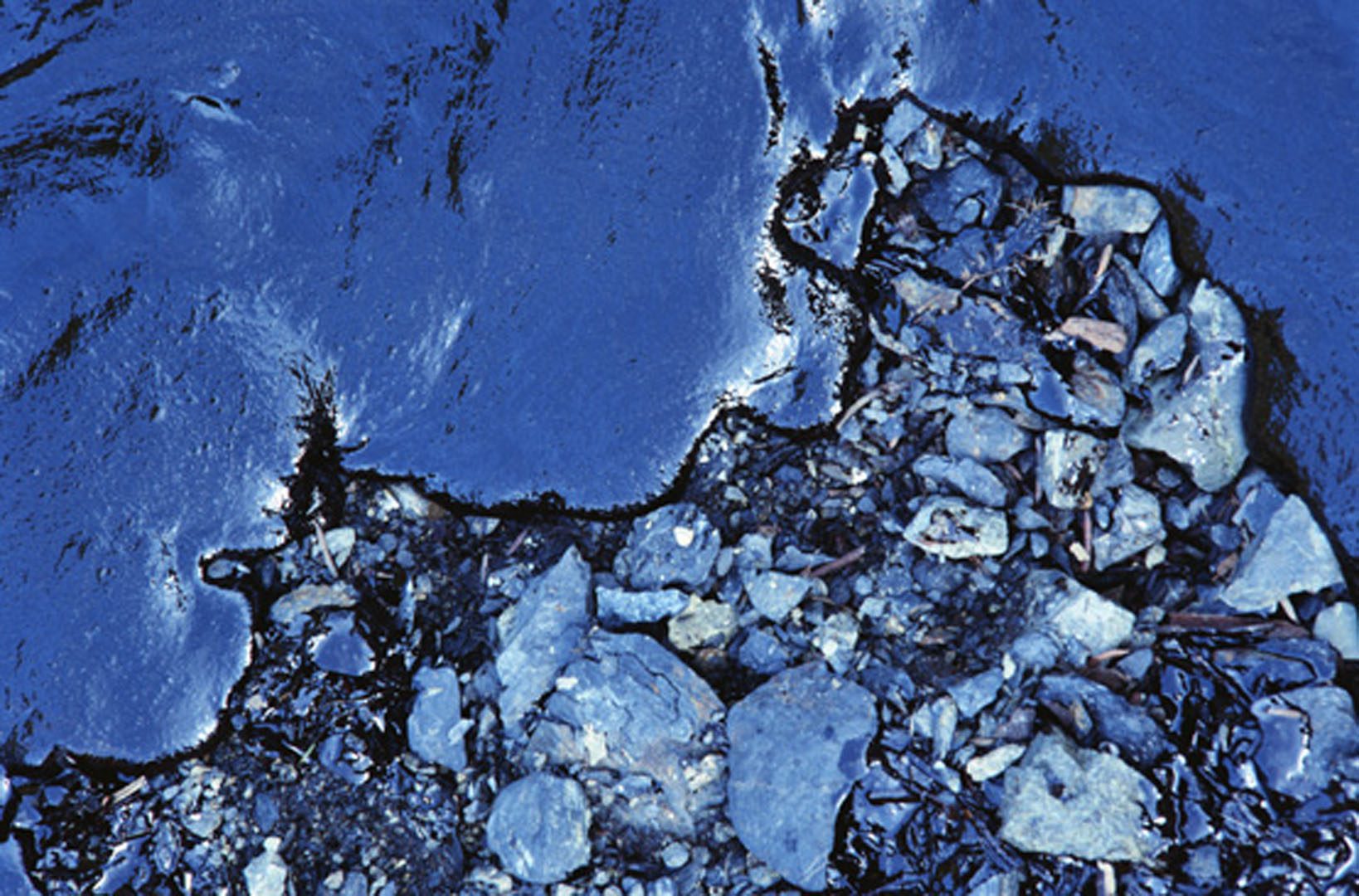
Pollution
Oil spills
The majority of spills occure during operational procedures (loading/discharging tanker cargo and bunkering) in ports or at terminals. These spills are however often small. Accidents such as grounding, collision, hull failures and fire/explosions generally cause much larger spills. Pollution may also occur in connection with pumping of of bilges, discharge of garbage/sewage and ballast operations.
Facts and Findings
- 85 % of all tanker spills involve quantities less than 7 tonnes.
- The majority of operational spills are small, with some 92 % involving quantities of less than 7 tonnes.
- Nearly two-thirds of major incidents are caused by either grounding or collision.(Source: ITOPF)
- A common cause of pollution is ruptured oil pipes in ballast tank.
Preventive measures
- All personnel should be trained in the use of the oil-spill response equipment and have regular drills in implementing emergency clean-up plans.
- There should be a system of record keeping of all cargo, bunkering, and tank cleaning operations.
- Bunkering and loading/discharging operations require careful planning and vigilance during the entire operation:
- agree on rate of loading cargo/bunkers,
- check ullages during bunkering/loading,
- fit scupper plugs,
- maintain a deck watch keeper.
- There should be procedures for safe transfer of oil onboard the vessel.
- Sounding-, vent- and overflow pipes passing through ballast tanks should be inspected for wasting.
- Careful disposal of contaminated ballast water.
- Records of Garbage/sewage should be maintained. Instructions of disposal should be implemented.
- The 15ppm bilge water separator and ODM sensors should be checked for functionality at regular intervals. Under no circumstances should this equipment be tampered with.
- Reduce loading rate well before topping up tanks.
